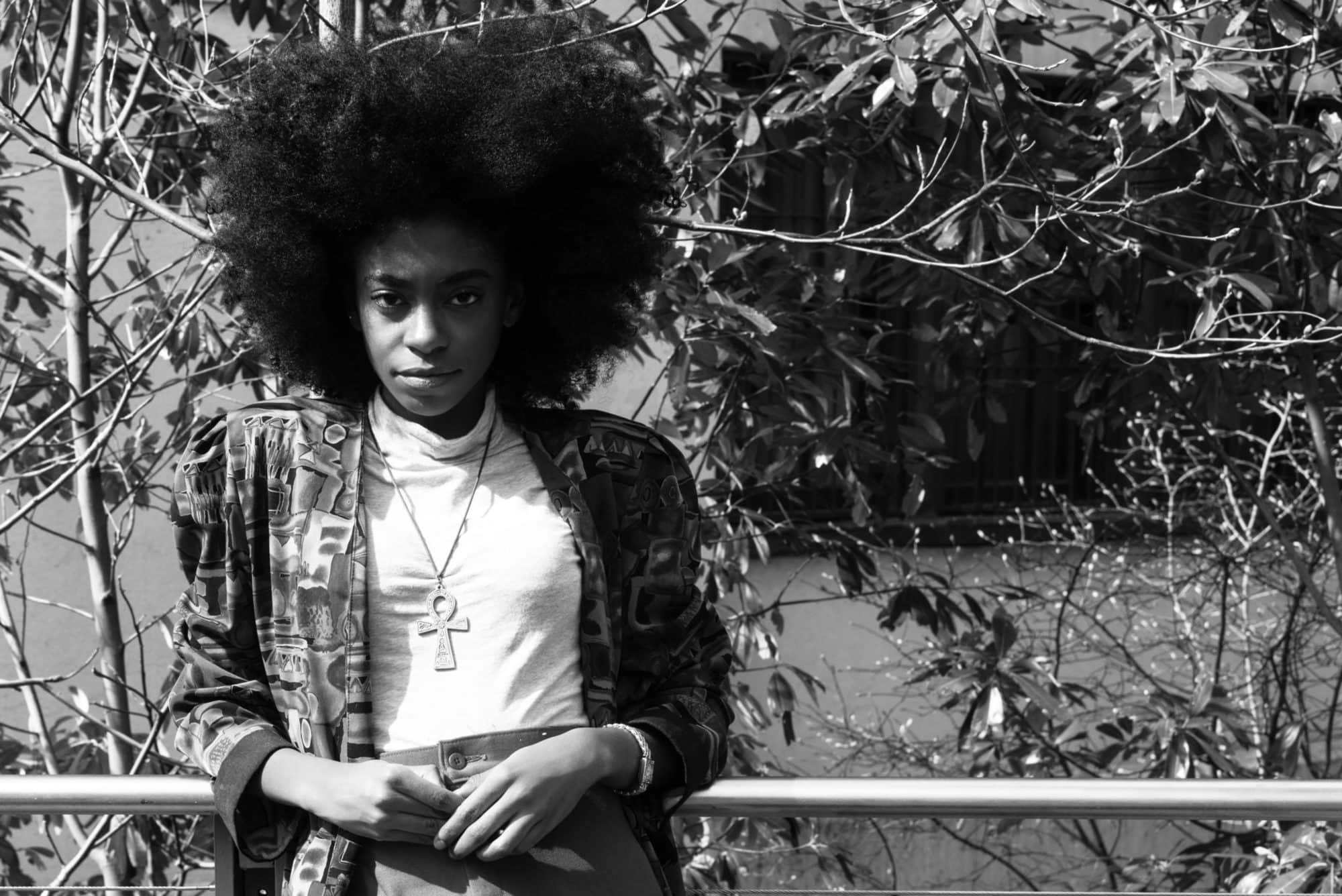Minimalism for Black Liberation
Minimalism for Black Liberation is a series that explores the ways in which minimalism can be adapted in the struggle for black liberation.
The injustices committed against black people over the past several years have brought a renewed focus to the struggle for black liberation. Even after progress has been made in education, politics, financial security, and other areas, it's still rare to go a day without hearing about some racist BS whether it be through the personal stories of friends and family or via the media at large.
I've struggled to find a way to make sense of it all, sometimes it feels surreal to me that in 2015, with all the advancements the human race has made, racism is still alive and kicking. That's the thing about racism though, it's insidious. It doesn't matter how good a person you are, how much you've accomplished, whether you're law abiding, or you're a human being whose life deserves respect regardless, you're judged and acted upon based on perceived notions and hatred because of the color of your skin.
History has shown oppression and racism are here to stay for the time being, so what do we do? How can we rise above it and keep pressing forward? How can I affect the struggle for black liberation in a way that feels authentic? My answer to those questions is minimalism. It's a lifestyle I've adapted that has significantly changed my life and how I view the world, and I believe it's a possible solution for advancing our freedom as individuals and communities.
Black liberation is an ideology that supports the mental, emotional, socio-economic, socio-political, spiritual, and physical liberation of black people.
Black liberation encourages the resilience, creativity, intelligence, and strength of black people to create opportunities and solutions for our progress.
It seeks to neutralize the effects of racism as demonstrated through colonialism and neocolonialism, slavery, terrorism and genocide, capitalism, classism, sexism, authoritarianism, disenfranchisement, and other forms of oppression. It is not our responsibility to eradicate racism, but we will continue to expose it in all its forms.
Black liberation will only be achieved by us, when we accept the responsibility of freeing ourselves.
Black liberation like peace or happiness, is not a destination to be arrived at, but a lifelong journey. The struggle will continue as long as we exist.
The main purpose of this project is to introduce minimalism as a possible option for the achievement of black liberation. Minimalism works because it is a lifestyle and mindset change. We can not keep doing the same things and expect radical change to occur.
Minimalism is also viable because it encourages self-sufficiency, efficient and responsible use of resources, healthy living, and anti- consumerism and materialism. Minimalism encourages a break from societal and systemic norms.It works for individuals, families, and can work for our communities.
Minimalism is not a new concept or practice, although it has become more popular and trendy in the past several years.It can be summed up as living simply, be and doing more with less. Many peoples, including blacks, have lived this way throughout time and only recently, in the past 200 years or so, has that changed. It’s a part of our collective consciousness and we need to revisit and adapt minimalism to our current situation.
This series is going to explore the ways in which blacks can use minimalism as a tool to support our freedom and will serve as an overview. We will briefly examine the following: principles of black liberation and minimalism and how they intersect and compliment one another, historical and current black liberation groups to see what lessons can be learned and incorporated, and the current state of black America including economic, educational, political, and social measures and how minimalism can affect change in these areas.
Freedom ain’t free. What are you willing to give up to be free?
